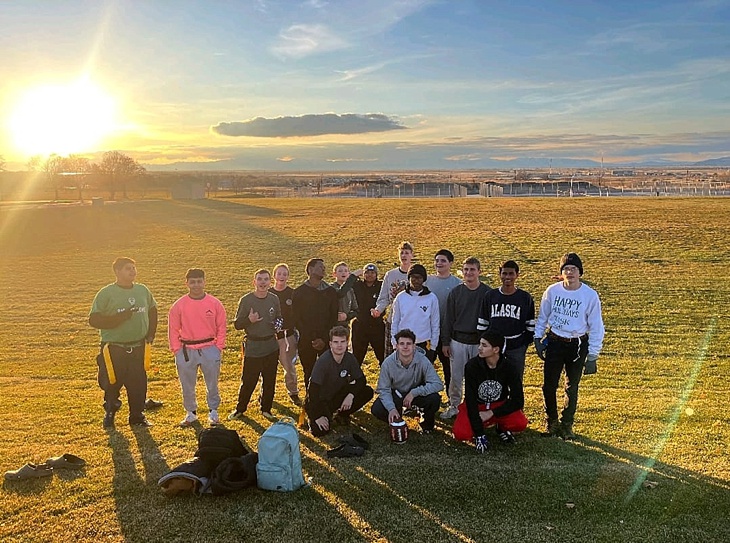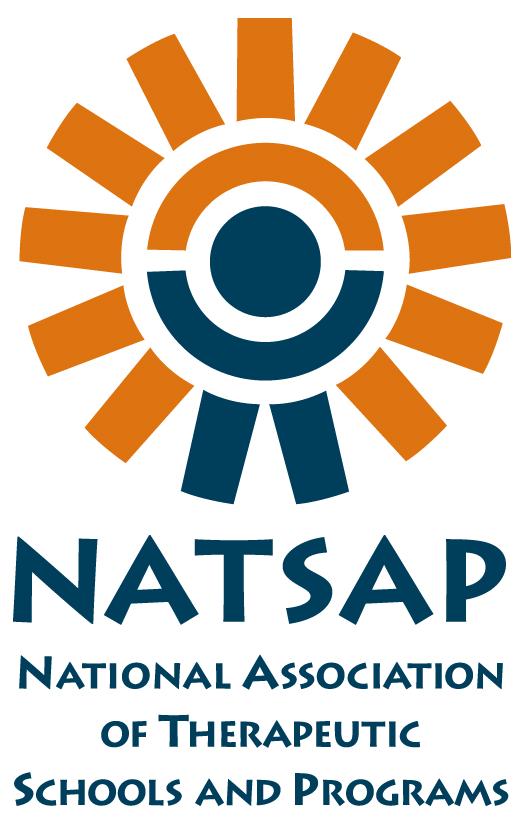Positive Peer Culture (PPC)
Triumph utilizes PPC to empower young men to be self-confident leaders that can make honest, positive life changes. PPC is ultimately designed to replace a negative culture with a more positive one. Our PPC program is aimed at developing pro-social behavior through the development of a therapeutic community. It is proven that changes in these behaviors promote ongoing and lasting positive change. This therapeutic community promotes a social environment that takes on both therapeutic and healing properties instead of maintaining negative behaviors. Over time, a student participating in our PPC program will develop and maintain positive behaviors. Some of these behaviors include:
- Responsibility to oneself, responsibility to the group, and responsibility to authority.
- Effective communication.
- An improved ability to identify personal problems and make more rational decisions.
- Individual members responding positively to the influences of the community.
 Individuals demonstrate social responsibility to the community, and the community assists students by providing reinforcement for pro-social behavior.
Individuals demonstrate social responsibility to the community, and the community assists students by providing reinforcement for pro-social behavior.- Censure of maladaptive behavior.
- Each member has a sense that he can make a significant positive contribution to their overall peer group.
- A code of conduct that assures a safe environment and promotes pro-social behavior and growth.
- A sense of belonging, self-awareness, a more positive self-image and development of a higher level of concern for oneself and others.
- Recognize behavior as either positive or negative, then be able to choose what to participate in.
- Help to define future social networks.
The innermost purpose and aim of Triumph’s Positive Peer Culture program is to develop self-worth, significance, dignity, and responsibility in each of our students as they become committed to the positive values of helping and caring for others. Our goal is always to direct teens away from selfishness and conflict and direct them towards developing a character of concern for, and service to, others.
These values are taught through small but necessary discussion groups (PPC groups). Displays of trust and openness are valued in the group over coercion and punishment with the group leader consistently modeling appropriate behaviors. Students who display difficulty exhibiting these behaviors are viewed as having the potential for strength and overall greatness, but are also recognized as needing additional support and/or reinforcement.
Adult leadership is crucial to an effective PPC program. Triumph staff members are trained to approach group members without overpowering or threatening the strong peer connection that is developed. Our staff members are trained to be effective leaders and serve as teachers or coaches who hold the groups responsible for working on problems, while also acting as limit/boundary setters and good listeners.














